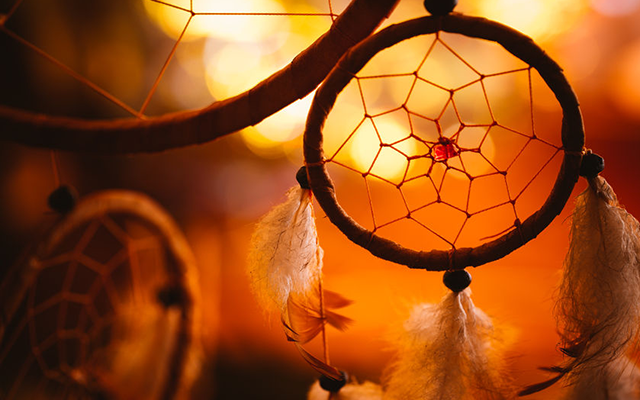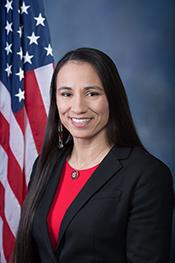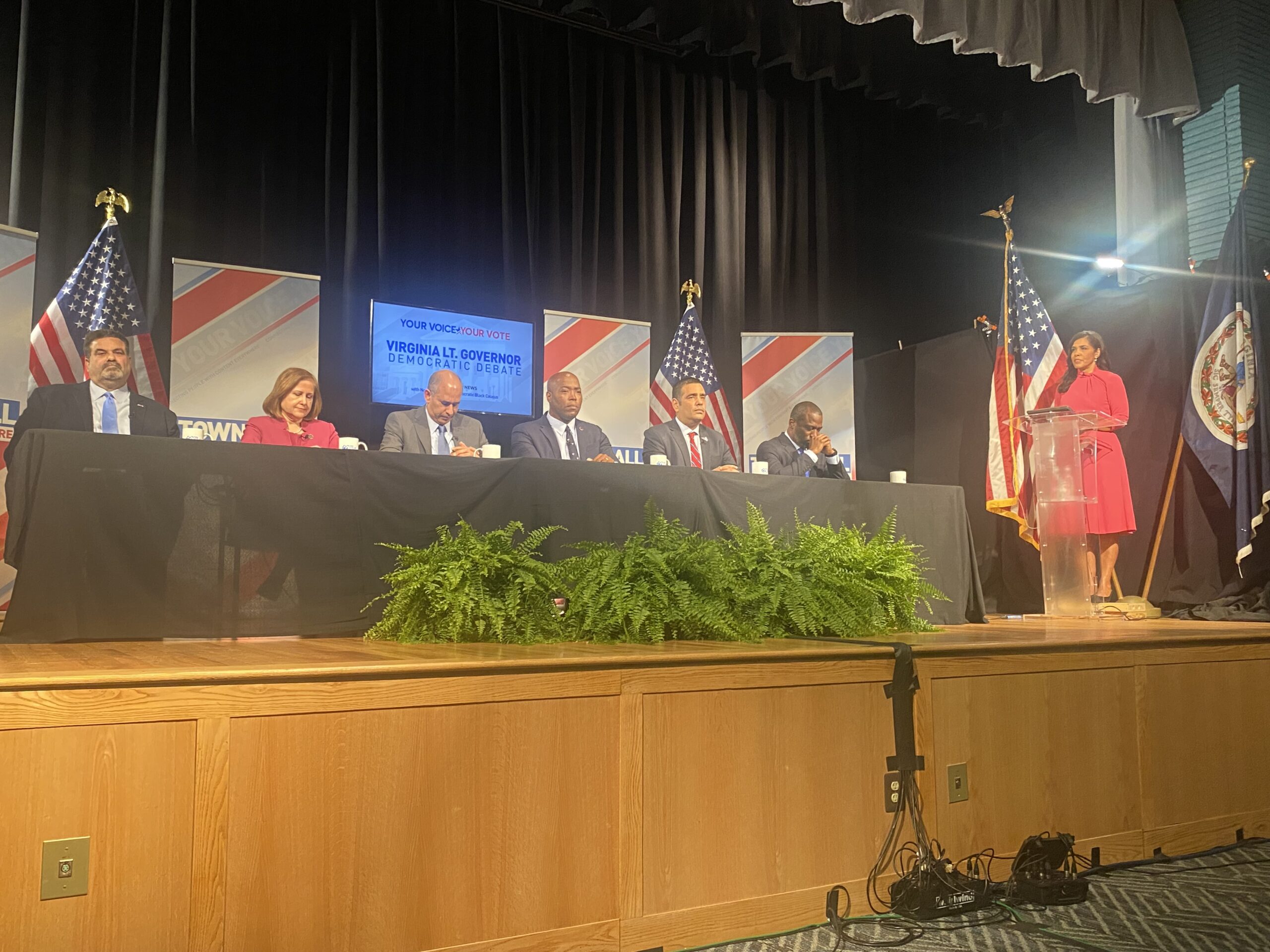Native American Heritage Month Begins with Historic Representation in Congress
The historic election of 2020 might potentially see the first ever Black and Indian woman ascend to the Vice Presidency in California Senator Kamala Harris. However, there will also be representation in Congress come January in the form of six Indigenous members, the most ever in history. According to the Huffington Post, four of the Congressional members, Reps. Deb Haaland (D-New Mexico), Sharice Davids (D-Kansas), Tom Cole (R-Oklahoma) and Markwayne Mullin (R-Oklahoma), return to their seats. They are joined by Republican Yvette Herrell and Democrat Kalali’i Kahele, who won the race for Hawaii’s 2nd Congressional District. This was the seat vacated by Tulsi Gabbard when she ran for president unsuccessfully.

According to Prince William County Government’s website, November is National Native American Heritage Month, which pays tribute to the rich history and culture of the Native American tribes.
In 1986, President Ronald Reagan issued a proclamation, at the request of the U.S. Congress, declaring the week of Nov. 23 through Nov. 30 as American Indian Heritage Week to recognize Native Americans as the first inhabitants, explorers and settlers of the lands that would become the United States.
In 1990, as requested by the U.S. Congress, President George H.W. Bush issued a proclamation making November National American Indian Heritage Month to honor all the past, present and continuing contributions Native Americans have made to the country. In 2009, during President Barack H. Obama’s first term in office, November became National Native American Heritage Month. Presidents Clinton, George W. Bush, Obama and Trump have issued annual proclamations to designate November as the month to recognize Native Americans.
According to Prince William County Equal Employment Opportunity Manager Stacey Allen, “Recognizing Native American Heritage Month is important because it often gets overlooked among all the other heritage months throughout the year. In the process of celebrating all the various heritages, cultures and awareness months, I think this one often gets left out more than any other heritage month.”
Congress chose the month of November to celebrate Native American culture because November concluded the traditional harvest season and was generally a time of thanksgiving and celebration for Native Americans.



